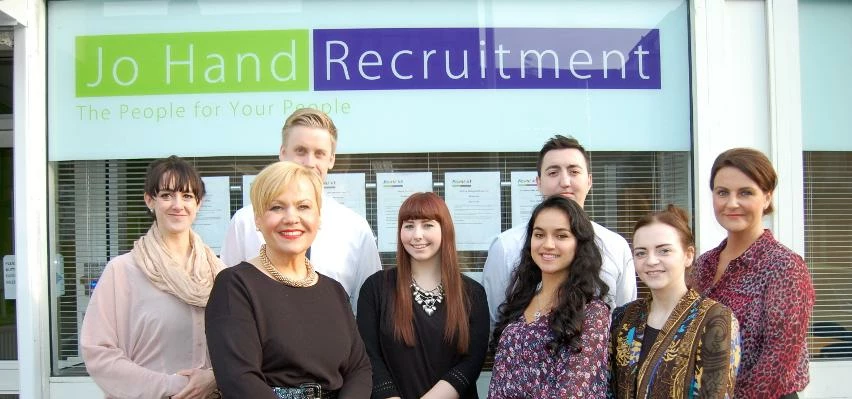
Partner Article
Business welcomes growth in high-flying women statistics
A BUSINESS chief has welcomed new figures which show an increase in the number of women in high-profile roles – and predicts a further rise in the months ahead.
Jo Hand, who runs Jo Hand Recruitment, spoke out after statistics showed that 22.8 per cent of the boardrooms of all FTSE100 businesses were made up of women.
That figure, which came from information in October 2014, rose from 20.7 per cent from March last year and was almost double the percentage from the same survey carried out in 2011.
Despite a steady growth, many women still believe it is difficult for them to reach senior management level within the business world.
Some claim there is poor quality line management, a lack of training or negative office politics, while many feel that their route to the top is blocked due to the number of male decision-makers.
But Jo, Managing Director of her Middlesbrough-based firm, believes the figures underline the fact that the female workforce are now showing more of a determination to get to the top rather than being held back because of their gender.
Jo said: “These figures show things are finally moving in the right direction, and that has to be welcomed.
“Not too long ago, deals were done on the golf course, it was a male dominated environment and the first time women heard about a top job was when they were told it had been filled.
“I regularly go to networking events and there are far more women there than there used to be.
“At one time, I was one of the few women at these events, but that isn’t the case now.”
Jo feels that stricter conditions of equal opportunities is a factor behind the increase, but adds that the overriding reason is the determination shown by women in business.
“It is easy to blame other factors that are blocking the route to the top for women,” Jo added.
“But I have risen through business with a determination and a refusal to be beaten.
“A lot of it is down to attitude, women are putting themselves out there, they’re more confident now and they’re keen to show they can compete at the highest level in boardrooms.
“It’s as if something has clicked, women are saying ‘hang on a second, I can do that’.
“Overall I’m delighted at the rise in figures, and I would predict further growth in the months ahead.
“There’s no reason why that figure of 22.8 per cent can’t reach 30 per cent over the next year to 18 months.”
This was posted in Bdaily's Members' News section by Publicity Seekers .
Enjoy the read? Get Bdaily delivered.
Sign up to receive our daily bulletin, sent to your inbox, for free.








 Raising the bar to boost North East growth
Raising the bar to boost North East growth
 Navigating the messy middle of business growth
Navigating the messy middle of business growth
 We must make it easier to hire young people
We must make it easier to hire young people
 Why community-based care is key to NHS' future
Why community-based care is key to NHS' future
 Culture, confidence and creativity in the North East
Culture, confidence and creativity in the North East
 Putting in the groundwork to boost skills
Putting in the groundwork to boost skills
 £100,000 milestone drives forward STEM work
£100,000 milestone drives forward STEM work
 Restoring confidence for the economic road ahead
Restoring confidence for the economic road ahead
 Ready to scale? Buy-and-build offers opportunity
Ready to scale? Buy-and-build offers opportunity
 When will our regional economy grow?
When will our regional economy grow?
 Creating a thriving North East construction sector
Creating a thriving North East construction sector
 Why investors are still backing the North East
Why investors are still backing the North East